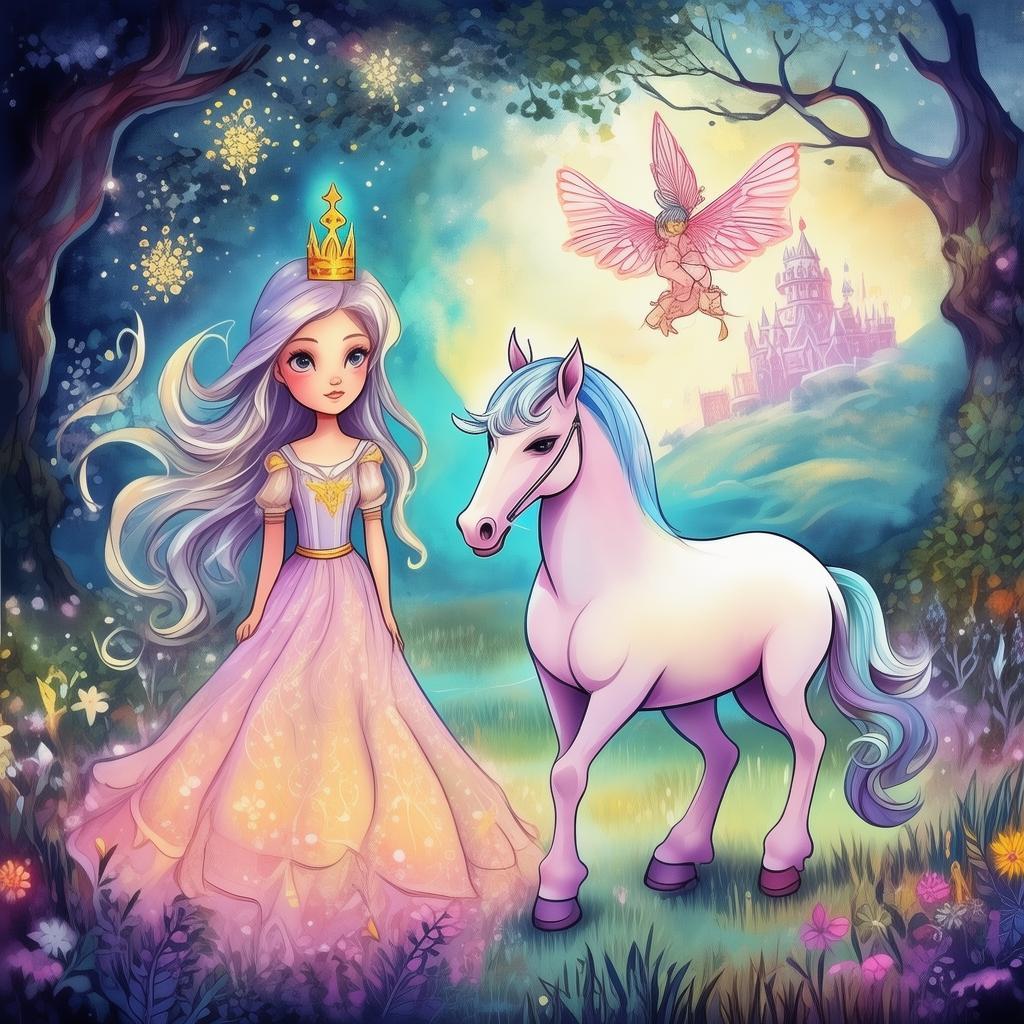The Garden of Forbidden Grains: A Tale of Taste and Grace
Once upon a time, in a bustling city filled with the symphony of sizzling pans and clinking dishes, there lived a young chef named Eli. Eli was not just any chef; he was the son of a renowned restaurateur whose name was whispered in the same breath as culinary mastery. Eli's childhood was a swirl of fragrant spices, vibrant vegetables, and the sweet, savory symphony of his father's creations. But as he grew older, he found himself yearning for something more than the fleeting pleasure of a well-seasoned dish.
One day, Eli stumbled upon an old, leather-bound book in his father's library. The title, "The Chef's Garden of Eden: A Philosophical Reflection on Food and Faith," intrigued him. As he delved into the pages, he found himself transported to a garden that was not of this world. It was a place where every fruit and vegetable had a story to tell, a place where the food was not just sustenance but a bridge to a deeper understanding of life.
The garden was a marvel, filled with all manner of plants, each one a testament to the creator's handiwork. But there was one section that was off-limits, a circle of earth marked by a simple stone. It was the Garden of Forbidden Grains, a place where the most mysterious and delicious of foods were said to grow.
Intrigued and curious, Eli decided to venture into the forbidden garden. As he stepped over the threshold, he felt a strange sensation, as if the very air around him had become more alive. The plants seemed to whisper secrets, and the air was thick with the scent of something ancient and wondrous.
In the heart of the garden, he found a tree that was unlike any he had ever seen. Its leaves were a deep green, shimmering with an otherworldly glow, and its fruit was a sight to behold. It was unlike any fruit he had ever seen or tasted. The moment he took a bite, he was overwhelmed by flavors that were both familiar and entirely new. It was a taste that spoke of the earth, of the sun, of the rain, and of the very essence of life itself.
Eli realized that this was no ordinary fruit; it was the forbidden grain, the essence of the garden. As he ate, he felt a shift within himself. His understanding of food and faith deepened, and he began to see the world in a new light. The connection between the food he had once taken for granted and the spiritual truths that lay hidden within it became clear.
As he left the garden, Eli knew that he had to share his discovery. He returned to his kitchen, a place that had once seemed ordinary, but now was filled with new purpose. He began to create dishes that were not just about taste, but about the story behind the food. He cooked with a sense of reverence, a sense of grace.
One evening, as the sun set over the city, Eli served his first dish to a small group of guests. It was a simple dish, yet it was filled with the complexity of flavors that only the forbidden grain could provide. As his guests savored the dish, they too were transformed. They spoke of the taste, of the connection, of the grace that had been served.

Eli's story spread like wildfire. People began to seek out his restaurant, not just for the food, but for the experience. They wanted to taste the forbidden grain, to understand the connection between their faith and the food they ate.
And so, Eli's journey through the modern-day Garden of Eden continued. He became a chef of not just taste, but of grace. His restaurant became a place of reflection, a place where people could come together and understand the profound connection between their faith and the food that nourished them.
In the end, Eli realized that the garden was not just a place of wonder, but a reflection of the world itself. And the forbidden grain, the essence of the garden, was a symbol of the forbidden knowledge that lay within each of us, waiting to be discovered and shared.
And thus, Eli's tale became a legend, a story of taste and grace, a story that would be told for generations to come.
✨ Original Statement ✨
All articles published on this website (including but not limited to text, images, videos, and other content) are original or authorized for reposting and are protected by relevant laws. Without the explicit written permission of this website, no individual or organization may copy, modify, repost, or use the content for commercial purposes.
If you need to quote or cooperate, please contact this site for authorization. We reserve the right to pursue legal responsibility for any unauthorized use.
Hereby declared.









